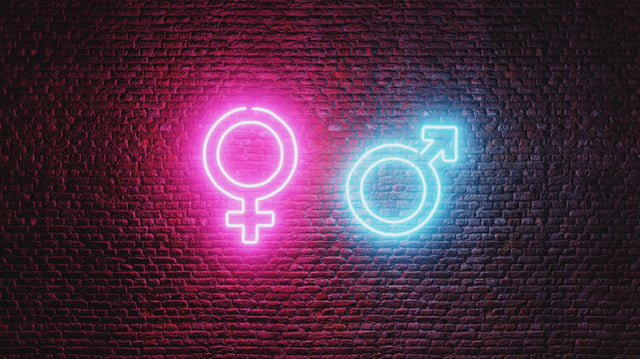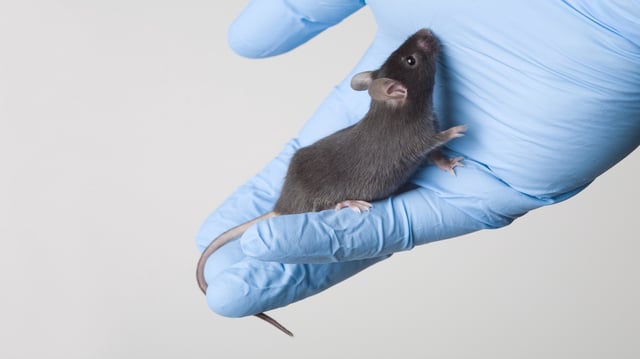Overview
- Four out of 72 XY embryos in iron-deficient dams and six out of 39 embryos in low-iron gonad cultures developed ovaries instead of testes.
- Iron depletion disrupted the iron-dependent KDM3A enzyme that activates the SRY gene, leading to its inactivation in some male embryos.
- Published in Nature, the study offers the first mammalian evidence that environmental factors can override genetic sex determination.
- Researchers caution that the small number of affected mice limits definitive conclusions and are planning further studies to explore human relevance.
- Iron deficiency affects roughly 40% of human pregnancies worldwide, highlighting potential implications for fetal development and prenatal nutrition guidelines.


